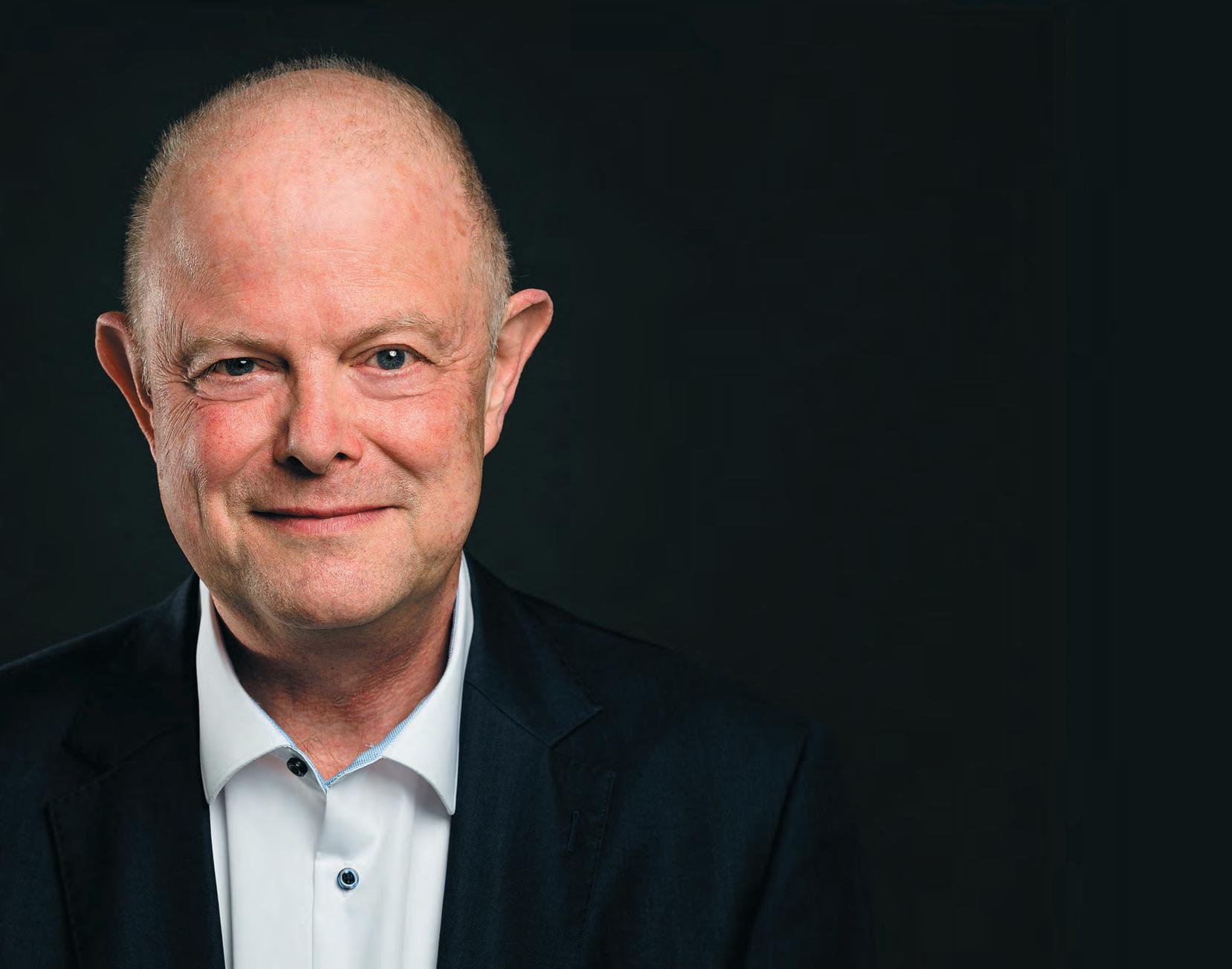
3 minute read
A future-proof RvA 3
Coming from the ambition to maintain or even increase the added value of accreditation, we are working on future-proofing the RvA. After all, we have an important public duty and an authoritative position in the quality infrastructure. We want our activities to contribute to a well-functioning international society; a society with honest trade and room for innovation and sustainability.
An entrepreneurial attitude
The relationship with our stakeholders is a crucial factor in this. We therefore wish to be proactive in our interactions and be approachable for discussions about our policy and our services. Together, we can take the whole playing field to a higher level. For example, how are we dealing with new working spheres? How do we arrive at new perspectives in existing and familiar areas? How can we innovate in a world that is changing more and more quickly? This requires an entrepreneurial attitude within the RvA. Naturally, we are bound by our status as an autonomous administrative authority and there are binding international policies, from the aforementioned EA (European co-operation for Accreditation) as well as from ILAC (International Laboratory Accreditation Cooperation) and IAF (International Accreditation Forum), two umbrella organisations which facilitate harmonisation of accreditation between countries and regions at an international level. But, more importantly, there are also lots of opportunities.
In dialogue with our clients
In 2019 we started organising client meetings. The purpose of these meetings is to enter into dialogue with accredited bodies about the collaboration with and service provision of the RvA. It took some time to find the best format. The idea was to make them ‘meetings on the way home’, in various regions, to lower the barrier to participation. The turnout was more than enough to have a good conversation. In many cases, the question ‘What keeps you busy?’ turned out to be sufficient to get the dialogue started and subsequently make the connection to our work.
Interested Parties
There are various interested parties in the field of accreditation:
• direct clients of the RvA (conformity assessment bodies);
• direct clients of conformity assessment bodies;
• the market;
• governments;
• scientific and educational institutes;
• organisations in the field of standardisation;
• scheme owners;
• representatives of employers and employees; representatives of employers and employees end users direct clients of the RvA (conformity assessment bodies) direct clients of conformity assessment bodies scheme owners organisations in the field of standardisation scientific and educational institutes the market governments
• end users.
Good interactions with these stakeholders are important for further increasing the confidence. This applies to the confidence in the organisations accredited by the RvA, but also to the confidence within our society.
These client meetings provided a lot of concrete feedback and advice. One of the issues that came up frequently was the need for a good interpretation of the standards used. Another issue is that there is often the perception of criticism during assessments, which dampens the initial motivation to perform and organise properly. Although we want to encourage (potential) clients to learn and improve in a positive way, this isn’t always how it is experienced. The RvA team leaders emphasise ‘the way up’ often enough, but it is the negative points in particular that remain. Perhaps this says something about how the human brain works. One of our clients noted that she encourages her col- leagues to ‘dot the i’s’ for weeks, and then sees that after an intensive assessment, the energy ebbs away. We see these as important signals which require further analysis.
Intensifying the collaboration
These client meetings are a good example of how we are actively seeking contact with our environment. But we are doing more. For instance, we regularly have conversations with NEN (Royal Netherlands Standardization Institute) and the policy departments of ministries. We greatly value these interactions and are looking into how we can further intensify them. As an example, we actively support the initiative of administrators of the Ministry of Economic Affairs and Climate for improvement of the recognition of standardisation, conformity assessment and accreditation. We are doing this in cooperation with NEN and interest groups Fenelab and NVCi. Another example is that we are actively participating in working groups of the EA and ILAC/IAF at an international level. Our team leaders are especially renowned for their contribution to policy-making within various working groups. The great thing about that is that we don’t just ‘get’, we also ‘give’. So it is a two-way street.
Our ambition is to be constantly connected with our environment. Being able to trust each other, assuming the best, and wanting to learn and improve together are the core values here. In this way, we are working towards a better future.










